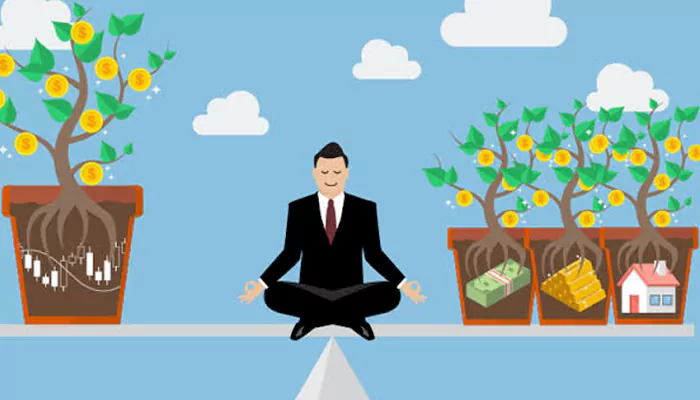Here’s Why Young People Are Spending Less Money on Big Things
- TNT News Desk
- 6 months ago
- 4 minutes read

This shift in spending habits reflects changing priorities, economic challenges, and evolving values among millennials and Gen Z. So, what’s driving this change?
In a world where the value of material possessions is often questioned, young people are shifting their focus from owning big things to creating memorable experiences. Millennials and Gen Z are prioritizing experiential spending, such as travel, dining out, and entertainment, over purchasing expensive items like cars and homes. The rise of platforms like Airbnb, Instagram, and YouTube has helped solidify the idea that experiences are worth more than things, with social media showcasing people’s adventures and life moments.
This shift is largely driven by a desire for freedom and flexibility. Owning a home or car often comes with long-term financial commitments, such as mortgages or car loans, that tie individuals down. For young people, minimalism and the ability to live on their own terms are key values, and spending on experiences allows them to enjoy life without being bogged down by material possessions.
Economic Pressures: High Costs and Financial Instability
The economic landscape has also played a significant role in the change in spending habits. Young people are facing rising costs of living, student loan debt, and, for many, stagnant wages. According to recent surveys, housing prices and rent rates have skyrocketed in many parts of the world, making it difficult for young people to afford homes or even apartments. Coupled with the fact that car ownership costs—fuel, insurance, maintenance—are high, these big purchases are becoming less of a priority.
The financial instability many young people feel is further compounded by the gig economy, which offers less security than traditional full-time employment. With uncertain career paths, younger generations are opting for financial flexibility, choosing to save or spend on things that bring immediate joy rather than long-term investments that might not offer the same satisfaction.
Rise of the Sharing Economy
Another factor contributing to young people spending less on big things is the rise of the sharing economy. Services like Uber, Zipcar, and various home rental apps have made it easier for young people to access what they need without the burden of ownership. Why spend money on a car when you can easily rent one for a short trip? Or, why buy a second home when vacation rentals provide more affordable and flexible options?
The convenience and affordability of these services have made it easier for young people to live without the responsibility that comes with owning large items. Renting and sharing also allow for a more sustainable lifestyle, as it reduces consumption and waste, which is an appealing option for environmentally-conscious consumers.
Technology and Digital Goods: Shifting Focus from Physical to Digital
The younger generations have also shown a marked preference for digital goods over physical possessions. Digital entertainment, from streaming services to video games, has become a core part of how young people spend their money. Subscriptions to Netflix, Spotify, and Amazon Prime have replaced the need for buying DVDs or CDs, allowing for more affordable and flexible access to entertainment.
Similarly, the rise of smartphones has led to a greater focus on digital experiences rather than owning a variety of physical gadgets. Smartphones can serve as personal computers, cameras, music players, and even gaming consoles, consolidating the need for multiple products into one device. In this way, young people are spending less on traditional big-ticket items and opting for tech that enhances their digital lifestyle.
Environmental and Social Consciousness: Sustainability and Ethical Consumption
Environmental concerns and a desire for ethical consumption are also influencing how young people spend their money. The younger generations are increasingly aware of the environmental impact of mass production and consumption. Buying large items like cars and homes contributes significantly to carbon footprints, which contradicts the values of sustainability and minimalism that many young people hold dear.

Instead of investing in things that contribute to overconsumption, young people are looking for sustainable alternatives. This includes opting for eco-friendly products, choosing public transport or biking over car ownership, and supporting brands that align with their values. The idea is to invest in quality over quantity, favoring conscious consumption that reflects both personal and planetary well-being.
Shifting Values and a New Way of Living
Young people’s spending habits are shifting as they seek more flexible, sustainable, and fulfilling lifestyles. The financial pressures of rising living costs, the desire for experiences over possessions, and a growing awareness of environmental and social issues are reshaping the way they approach big purchases. Rather than striving for material wealth, today’s youth are focused on living authentically and purposefully. This change marks a new chapter in how we define success, luxury, and happiness—one that values freedom, flexibility, and experiences over traditional markers of wealth.












